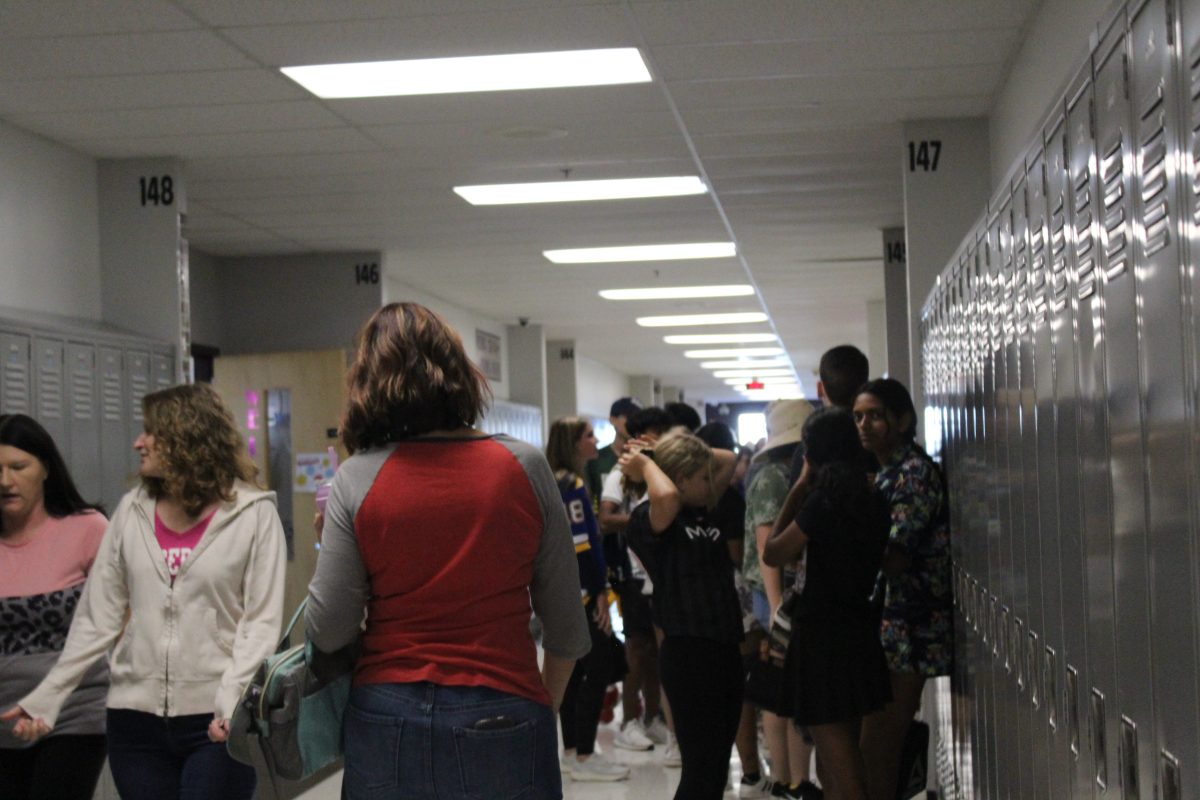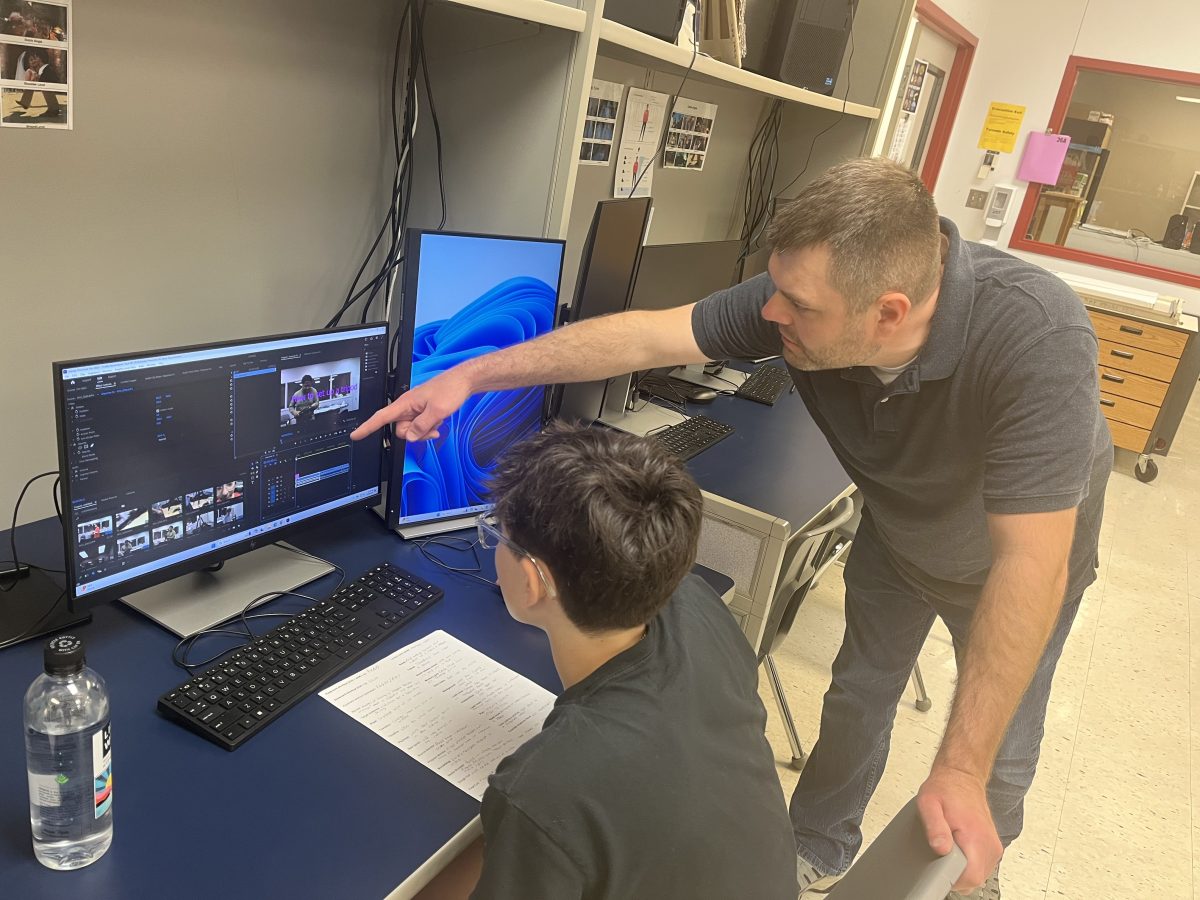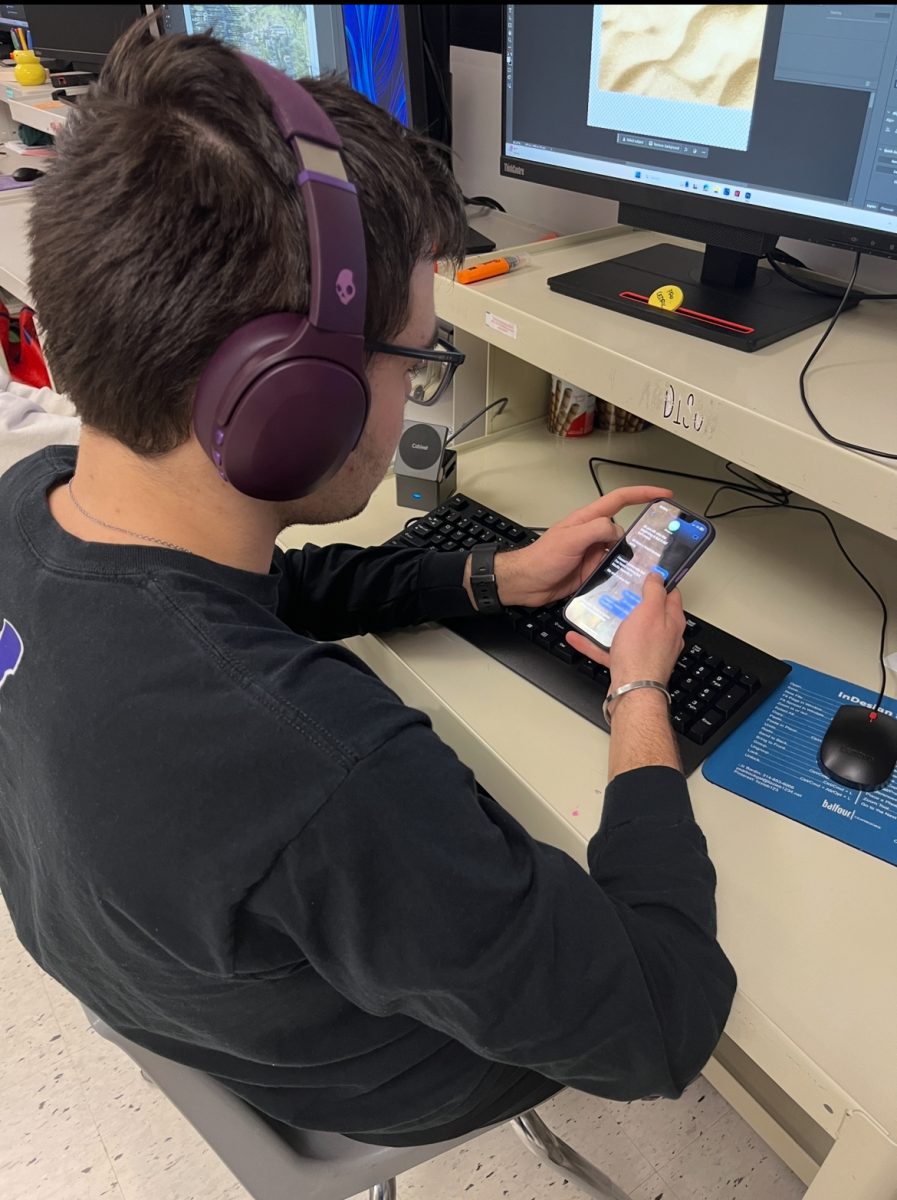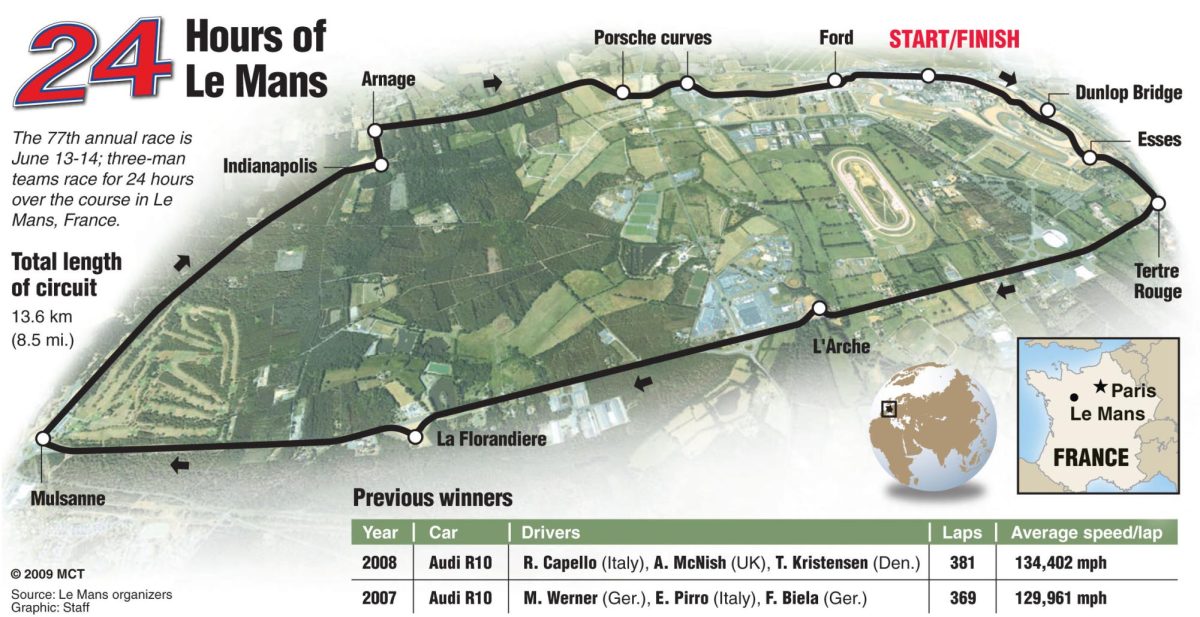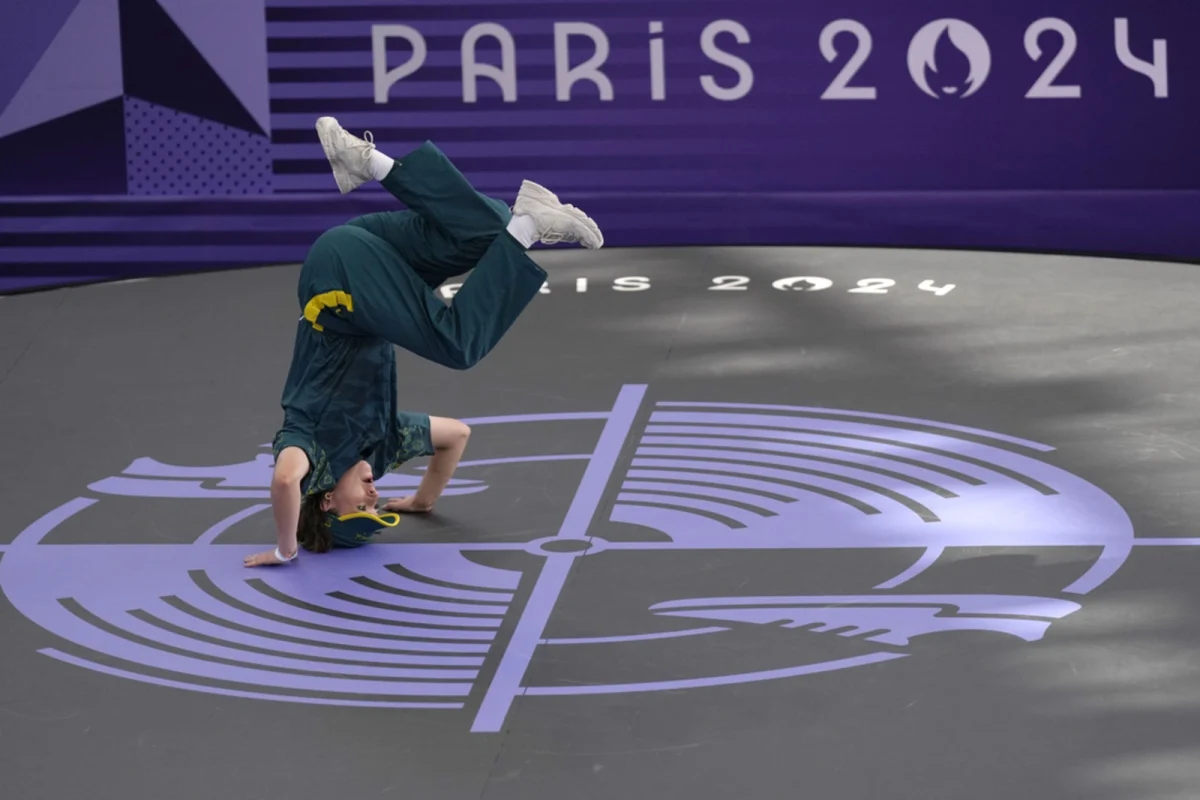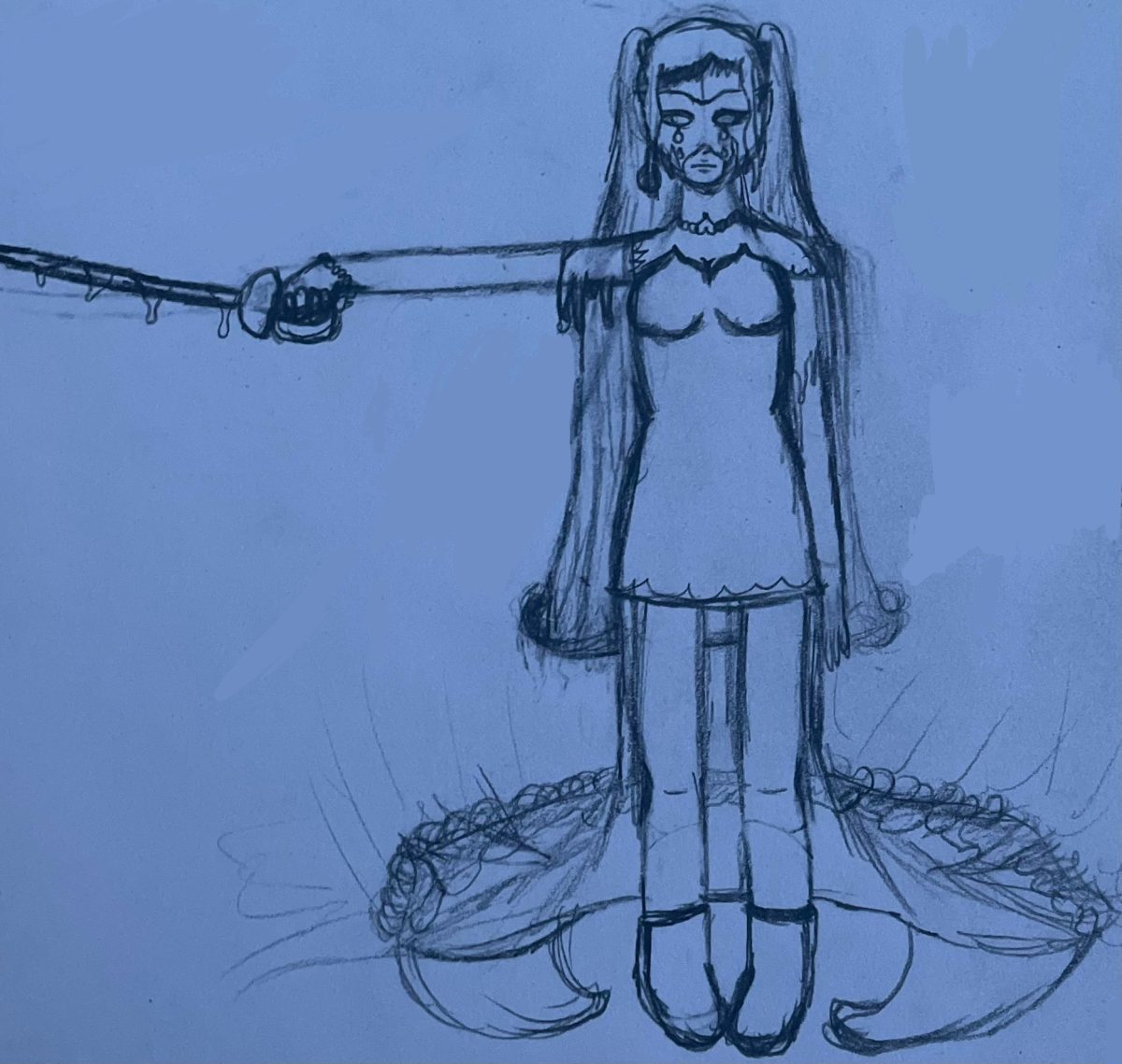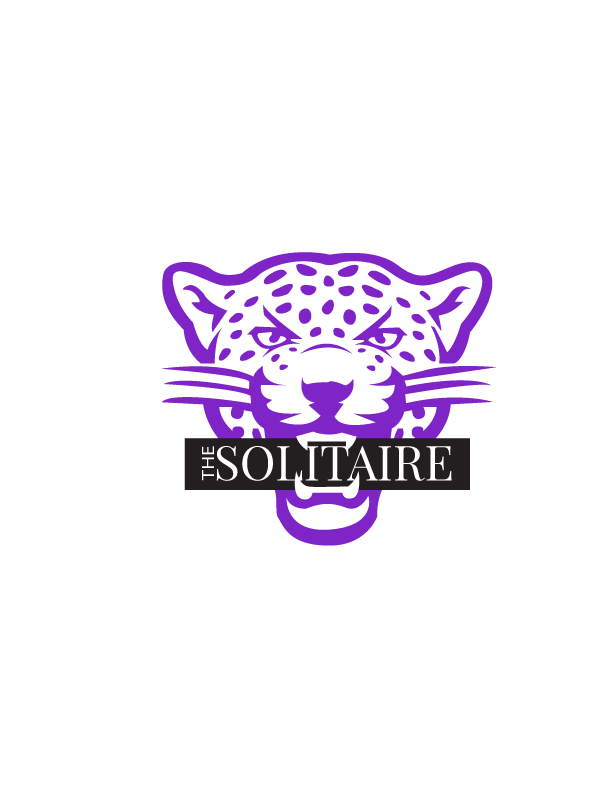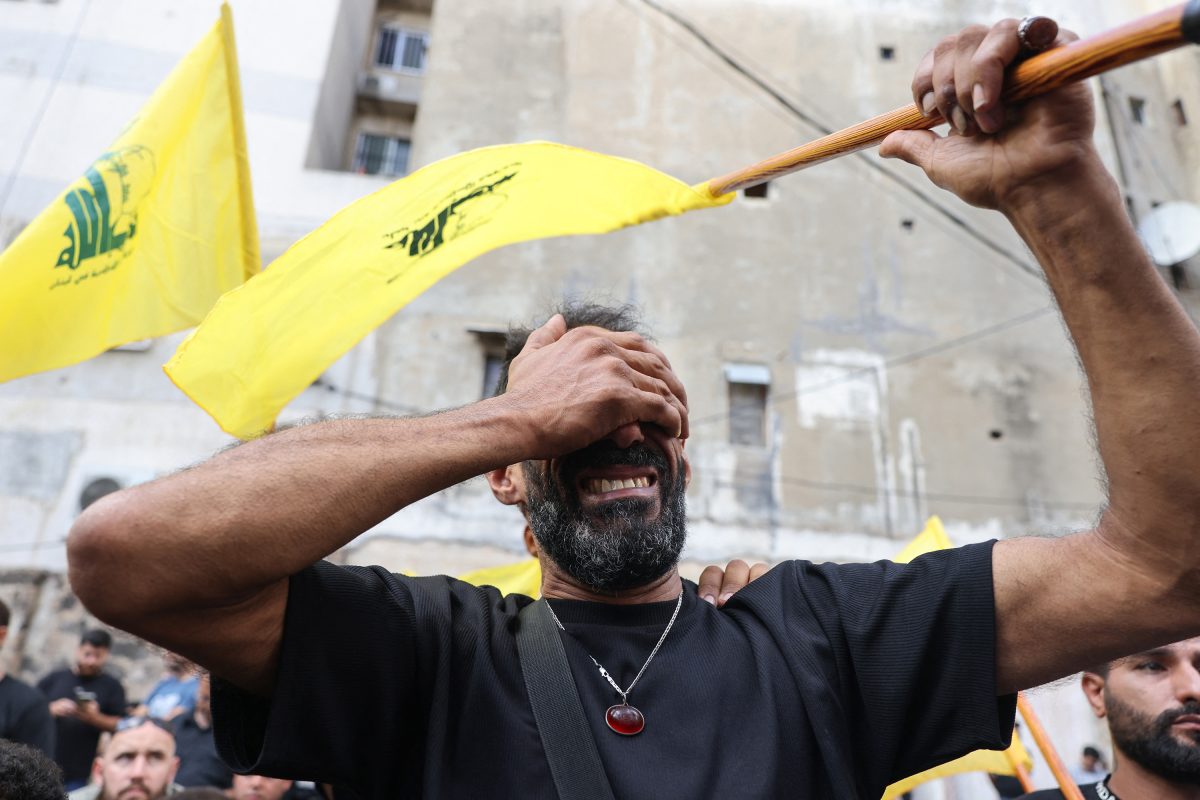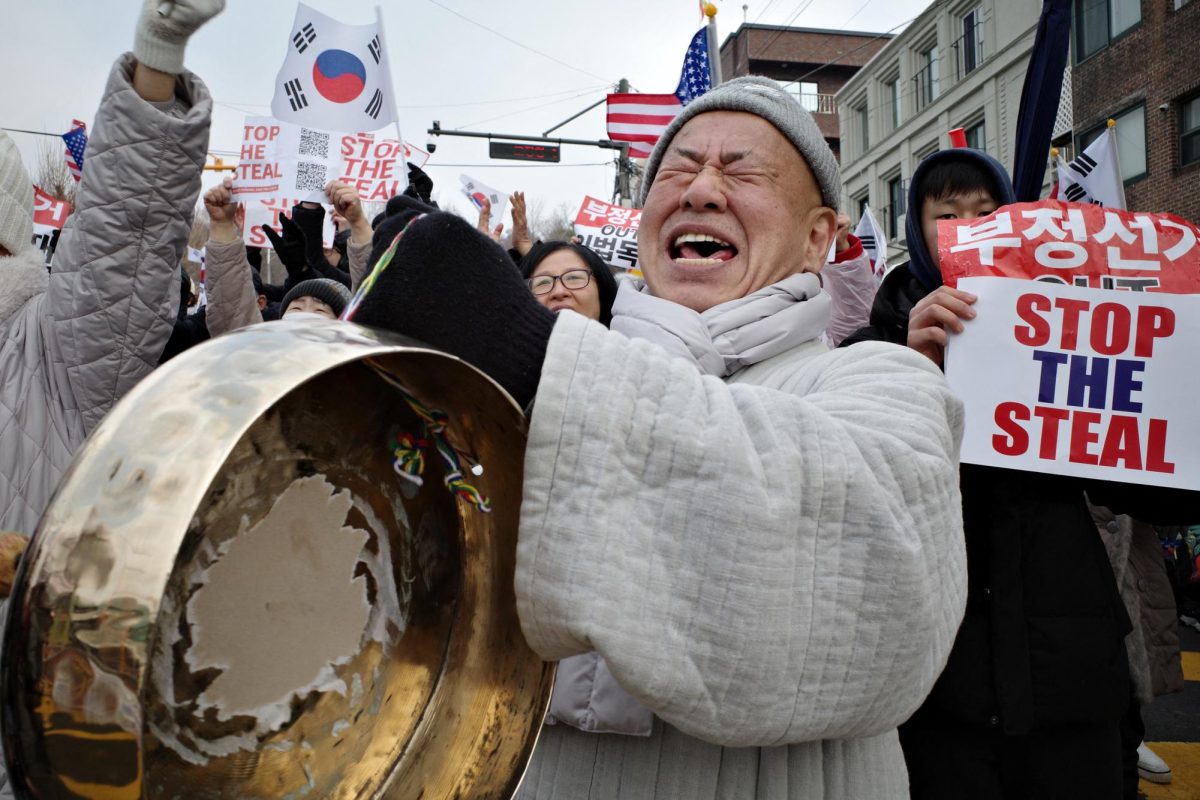There were two attacks on Hezbollah, a Lebanese militant group that has been backed by Iran, carried out on Sept. 17 and 18 that killed at least 37 people, two children and injured around 3,000 others. All throughout parts of Lebanon and Syria, Hezbollah members’ and civilian pagers, exploded on the 17th. In a second wave on the 18th, more pagers exploded in addition to some walkie-talkies. These attacks were destructive for thousands of people, as well as some businesses, as it was a fairly unpredictable move, according to cnn.com.
While the pagers and walkie-talkies used in the attacks were mainly used by Hezbollah members, there was no guarantee that the device would be in the possession of the correct person when they were detonated. For instance, a child could have been playing with it, or it could have been given to someone entirely uninvolved with Hezbollah. In many cases, the devices blew up while they were being used in cars, stores and restaurants. Some innocent bystanders were also injured in the attacks, according to npr.org.
The assault was carried out by Israel’s Mossad spy agency. It was discovered that there were explosives planted in around 5,000 communication devices, which were Taiwanese-made pagers that Hezbollah ordered months before the attacks. The militant group stated that they would retaliate against Israel, but Israel has yet to officially comment on the matter, according to reuters.com.
This attack may have been set off by Israeli intelligence due to concerns that an all-out offensive, planned by Israel, had been figured out by Hezbollah. To not waste any more time on a planned attack that may have been compromised, the pagers were set off early. The following day, the walkie-talkies were detonated, along with more pagers, according to bbc.com.
Pagers and walkie-talkies had become the device of choice for Hezbollah, as they are less advanced technologically and would be harder for Israeli intelligence to track. In February, Hezbollah leader Hassan Nasrallah ordered all members to get rid of their mobile phones, saying that they had been infiltrated by Israel’s intelligence. This was announced via a live television broadcast and could have possibly tipped off Israel that they would begin use of lower technology communication devices, according to bbc.com.
Attacks from both sides have continued since the attacks on the 17th and 18th. But on Sept. 28, after Israeli airstrikes hit Beirut, Lebanon, it was announced by Israel’s military that Nasrallah was killed. His death was also later confirmed by Hezbollah themself, according to npr.org.
This conflict has escalated into an all-out war between Lebanon and Israel. An Israeli Defense Force (IDF) ground operation began on Sept. 30. Since then, Southern Lebanon has been invaded by the IDF and there have been numerous attacks from both sides each day, according to bbc.com.
In one instance, over one month after the conflict began, the IDF started attacking banks across Lebanon to target Hezbollah’s finances on Oct. 21, according to nbcnews.com.

